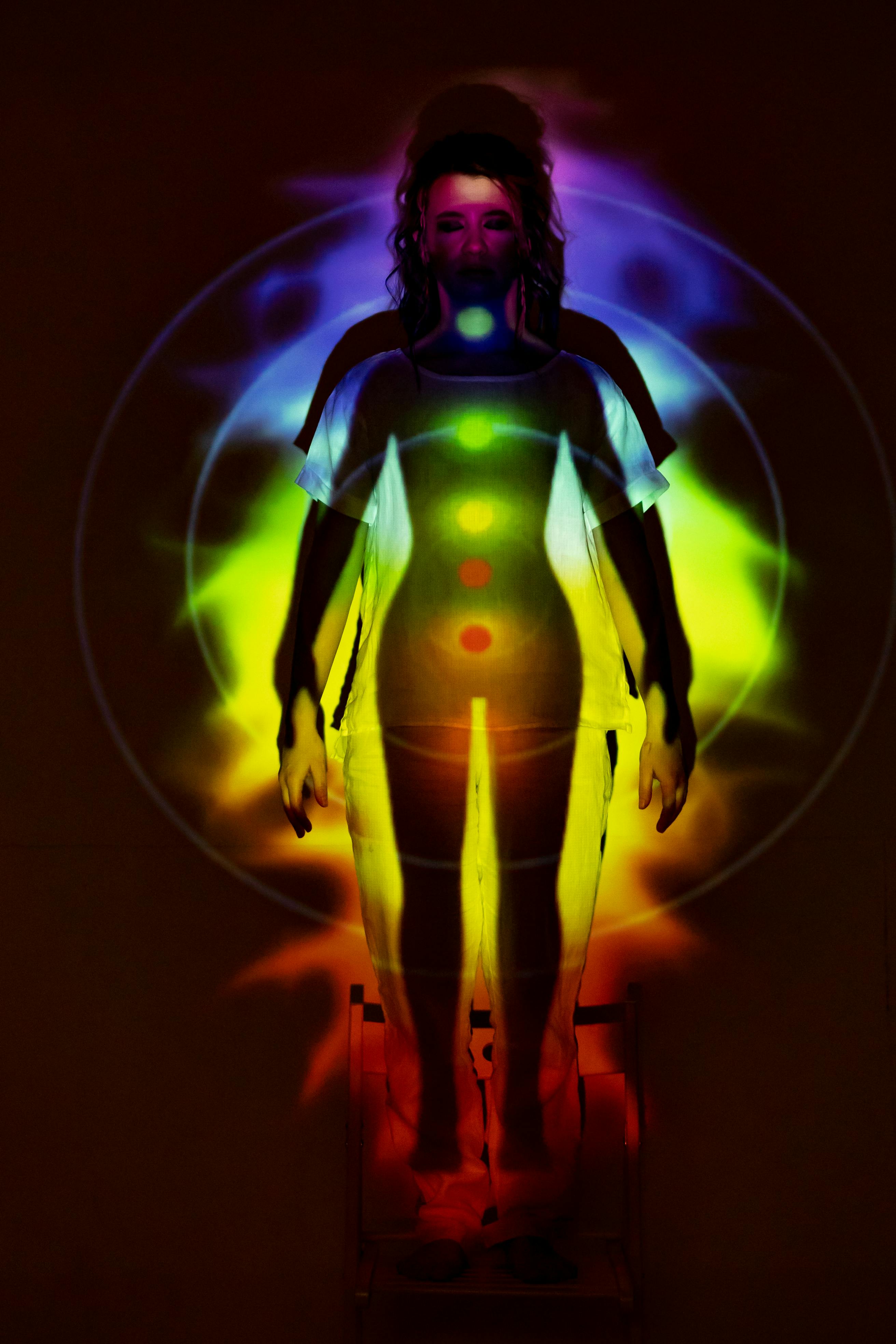
Unlocking the Hidden Healing Powers of Music: Transformative Benefits for Women’s Health and Well-Being
It was a Tuesday like any other, or perhaps it was a Wednesday—let’s not split hairs about the days of the week. I found myself seated at a café, cradling a cup of coffee that had long since turned lukewarm. My friend Jenny, a spirited woman with a penchant for dramatic storytelling, had just returned from a weekend retreat that promised a “revolutionary journey into the world of music therapy.” She swore by it, claiming it had transformed her anxiety-riddled existence into a symphony of peace. As she animatedly gestured, spilling half her cappuccino in the process, I couldn’t help but wonder: could music really possess such magical healing powers?
While it may sound like the opening scene of a heartwarming movie, it’s a relatable scenario for many women today. The pressures of modern life can feel like a cacophony of demands, and the idea that something as simple as music could provide respite is both intriguing and comforting. What Jenny had stumbled upon wasn’t merely a trendy retreat; it was a burgeoning field of study—music therapy—an art form with roots deep in both psychology and neurobiology. Let’s embark on a melodic exploration of how music can tune up our health and well-being.
The Science Behind Music and Healing
To grasp why music is so powerful, we must first delve into the brain’s inner workings, a place where neurons dance to their own rhythm. Research reveals that listening to music triggers the release of neurotransmitters like dopamine and oxytocin—those delightful chemicals that make us feel good and foster social bonds. According to a study published in the journal *Psychological Science*, individuals exposed to music reported significantly lower stress levels. It’s as if our brains were wired for music all along, responding to its harmonious vibrations like a cat to a sunny spot on the floor.

When it comes to women’s health, the evidence grows even more compelling. A study from the University of Maryland found that women who participated in music therapy experienced a remarkable reduction in symptoms associated with anxiety and depression. Imagine a world where we could swap our anxiety medication for a well-curated playlist. It seems too good to be true, yet here we are, living in a time where science and art converge in the most delightful of ways.
Music’s Role in Mental Health for Women
Jenny’s experience was not an isolated incident. Many women have found solace in music, especially when the weight of the world feels insurmountable. Music acts as a balm, alleviating anxiety and depression through its ability to evoke emotions. For instance, a woman named Clara shared how listening to her favorite ballads while driving home after a long day would transform her mood from drudgery to delight. “It’s like the lyrics were written just for me,” she remarked, her eyes twinkling with the memories of her musical escape.

But it’s not just about finding a momentary distraction; music also fosters resilience. A study published in *Frontiers in Psychology* highlighted how music can help individuals develop coping strategies, particularly during stressful times. For women navigating life’s challenges—be it career pressures, family responsibilities, or societal expectations—turning to music can become a powerful tool for empowerment and emotional regulation.
Music as a Tool for Physical Health
But wait, there’s more! Music isn’t just a remedy for the mind; it has physical healing powers too. Research shows that music can significantly reduce pain perception in patients undergoing various medical treatments. A systematic review in *Pain Medicine* concluded that music therapy can effectively alleviate both acute and chronic pain. So, the next time you find yourself waiting for a dentist appointment—perhaps for a root canal—consider bringing along some soothing melodies. Who knew that Beethoven could be the unsung hero of dental care?

Furthermore, music’s impact on physical performance is legendary. Have you ever noticed how a good beat makes you want to run just a little faster? That’s not just your imagination; it’s science at play. Music has been shown to enhance physical performance and motivation during exercise, making it a staple in gyms across the globe. Whether you’re doing a casual jog or rehabilitating from an injury, the right playlist can make all the difference.
Music and Hormonal Balance
Now, let’s talk about hormones—a subject that often elicits a collective groan among women. Music can play a surprising role here, too. Research indicates that listening to music can lower cortisol levels, helping to regulate stress hormones that often wreak havoc on our bodies. Furthermore, music may have calming effects that can ease symptoms related to menstrual cycles and menopause. Imagine a world where your hot flashes were soothed by a gentle lullaby!

Strategies like participating in group music activities, such as choir singing or drumming circles, can also foster a sense of community and connection, which are vital during the menopausal transition. As Jenny would say, “Nothing like a good jam session to make you forget about those pesky night sweats!”
Community and Connection Through Music
Speaking of community, music has the remarkable ability to bring people together. Whether it’s gathering around a fire for a sing-along or joining a local choir, music fosters social bonds and support systems. Participating in group music activities can create a sense of belonging that’s crucial for mental well-being. A study from the *Journal of Music Therapy* found that women involved in community music programs reported increased feelings of connection and support.

Beyond the camaraderie, music also offers empowerment and self-expression. Women are increasingly taking the stage, exploring their musical talents, and sharing their voices. From songwriting to performing, the arts can be a pathway to discovering one’s identity. There’s something profoundly liberating about belting out your favorite tune and feeling a rush of confidence afterward. So grab that karaoke mic, my friends—who knows what talents lie within!
Practical Tips for Integrating Music into Daily Life
Now that we’ve explored the many healing powers of music, you might be wondering how to incorporate it into your life. Well, fear not! Here are some practical tips to get you started:
1. **Create personalized playlists for wellness**: Music that resonates with your mood can be incredibly therapeutic. Consider curating playlists for different activities—calm tunes for relaxation, upbeat tracks for workouts, or nostalgic songs for those days when you need a pick-me-up.
2. **Engage in music activities**: Join a local choir, attend drumming circles, or even take up an instrument. Engaging in music-making can enhance your social connections and provide a creative outlet.
3. **Explore music therapy programs**: If you’re seeking a more structured approach, look for local music therapy programs. Many trained professionals can guide you through the healing potential of music in a supportive environment.
Conclusion
As we wrap up this melodic journey, it’s clear that music holds transformative benefits for women’s health. From soothing anxiety to enhancing physical performance and fostering community, the healing powers of music are as diverse as the melodies themselves. So, I urge you to explore this vibrant realm—put on your favorite song and let it wash over you. Share your experiences, your playlists, and perhaps even your own musical triumphs. After all, life is a song, and it’s up to us to sing it with gusto!
Frequently Asked Questions (FAQ)
How does music affect mental health?
Music can significantly improve mood, reduce anxiety, and foster emotional expression, making it a powerful tool for mental well-being.
Can music therapy be used for physical rehabilitation?
Yes, music therapy is often employed in rehabilitation settings to alleviate pain and enhance physical performance during recovery.
What types of music are most beneficial for stress relief?
Generally, slower-paced, instrumental music is recommended for stress relief, but individual preferences play a crucial role.
Are there any risks associated with music therapy?
While music therapy is generally safe, it’s essential to work with qualified professionals to ensure it meets individual needs and circumstances.
How can I find a qualified music therapist?
You can search for certified music therapists through organizations like the American Music Therapy Association or local health care providers.








